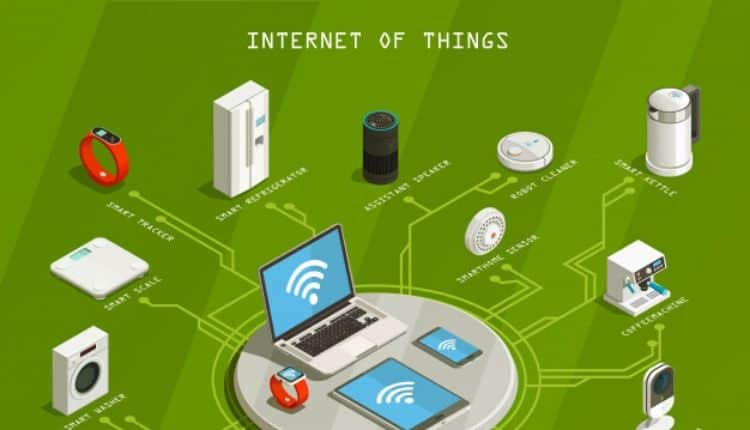By Prasad Rajappan, Founder of ZingHR
Cloud computing has emerged as an indispensable organ in the HR technology segment. This technology refers to the use of configurable resources such as software development applications and storage over the Internet. The hardware is managed by a vendor and services are on a paid model. Cloud computing eliminates the use of additional infrastructure to maintain enterprises’ data and is a scalable investment that functions as a centralized repository for firms. Agility, ease of implementation, cost-efficiency and productivity are the hallmarks of cloud computing technology. A state-of-the-art cloud computing technology not only streamlines the recruitment process but transform the entire gamut of HR functions; it also heralds a new tech-driven culture in an organisation. Discussed are some of the recent trends in cloud computing technology.
- Advertisement -
The shift from multi-channel to an omnichannel model
Cloud computing has become more portable and ensures a seamless streamlining of functions with the proliferation of data integration platforms and vendors’ cross-platform alliances. What was multi-channel has now become omnichannel to benefit enterprises that have implemented it.
Role of Internet of Things
Internet of Things and Cloud Computing enjoy a complementary relationship. Greater connectivity by devices serves as a channel to transport massive information for use by firms. Here the technology used by the enterprise is not the only significant; its ramifications even extend to personal devices used by employees. Hence the IoT is a tool that can be utilized to transform massive amounts of data as information quickly. Though IoT generates a huge amount of data, storage is not a hurdle as it can be scaled up.
Key to employee wellness
Cloud computing can play a significant role in employee engagement and wellness that has emerged as a new focus for enterprises. Cloud communication can fill in the missing links in the communication. It also allows managers to review employees’ performance continuously through a single dedicated platform. It also allows employees to give feedback about their managers.
Key to learning culture
- Advertisement -
With more and more firms adopting e-learning, in-person and manual training have given way to sophisticated learning platforms. Cloud computing is an important enabler to keep employees in line with industry requirements along with fostering a culture of lifelong learning in an organisation.
Role of modular software
As organisations embrace decentralization, data will be stored in places other than the cloud. The wide adoption of modular software and different serves will enable this change.
Key to an agile workforce
An agile and flexible workforce has gained a new currency in recent times. Cloud Computing is an excellent medium to connect the workforce across diverse geographies and profiles. It provides quick, on-the-go and instant access to communication.
Role in Data Security
The HR function possesses a lot of data about employees’ credentials that have to be confidential. With data security and privacy emerging as potent concerns in these times, cloud computing if implemented with state-of-the-art security measures can protect the data to the core. Hence more and more enterprises are now relying on platform-specific security solutions rather than on third party solutions
Innovation to be the key
Innovation will still be the centerpiece while adopting cloud computing to enable a tech-driven workforce. New trends such as quantum computing, usage of the Kubernetes platform to overcome barriers among others will redefine the HR technology segment.
Hence cloud computing significantly empowers HR function by enabling it to be more productive, responsive and dynamic to help firms gain a competitive edge over their counterparts.
If you have an interesting article / experience / case study to share, please get in touch with us at [email protected]
Advertisement



